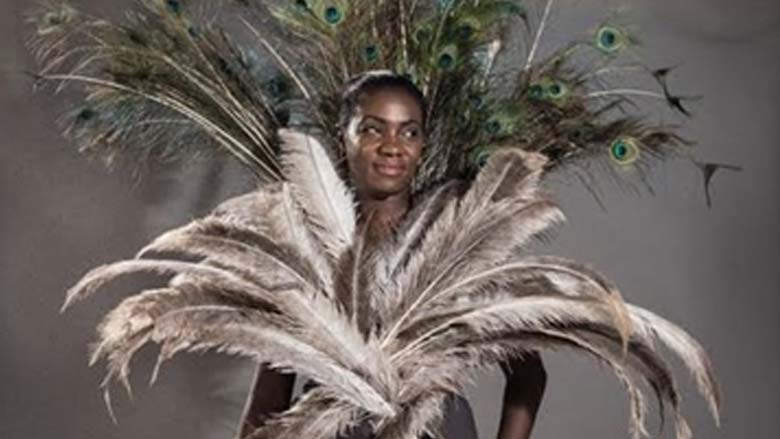Empowerment can be defined as the capacity of individuals, groups, and/or communities to take control of their circumstances, exercise power, and achieve their own goals. Empowerment is also a process by which, individually and collectively, people overcome any sense of powerlessness to maximize the quality of their lives. What does it take to be empowered? And what does it take to be empowered as a woman?
To build individual and collective empowerment the World Bank and many other international organizations focus on first securing the existence of key societal offerings: opportunities for decent work, the chance to enjoy basic services, and access to information to enable full participation in the political life of their countries. Within of these is a kaleidoscope of challenges that specifically impact women. For example, to ensure everyone has opportunities for decent work one must consider first gender equality. The barriers women often face in freeing themselves of any kind of mandated domestic responsibilities or roles in many parts of the world are heavy and prevent many from even thinking they could create a meaningful living for themselves.
These artworks are explorations into what it means to function as a community in which the collective supports each individual in becoming their fullest selves. You will find artists who question what it means to redefine yourself both according to and against your history, and who shine a bright light to celebrate women who carry out their empowerment day in and day out to help others.


















